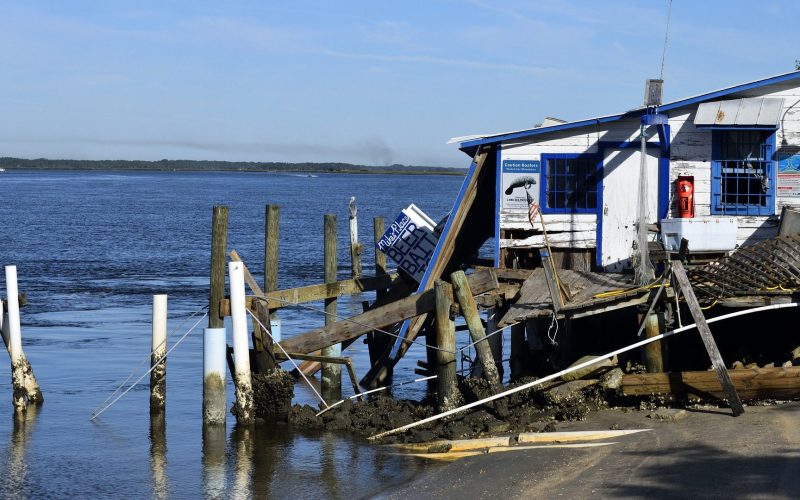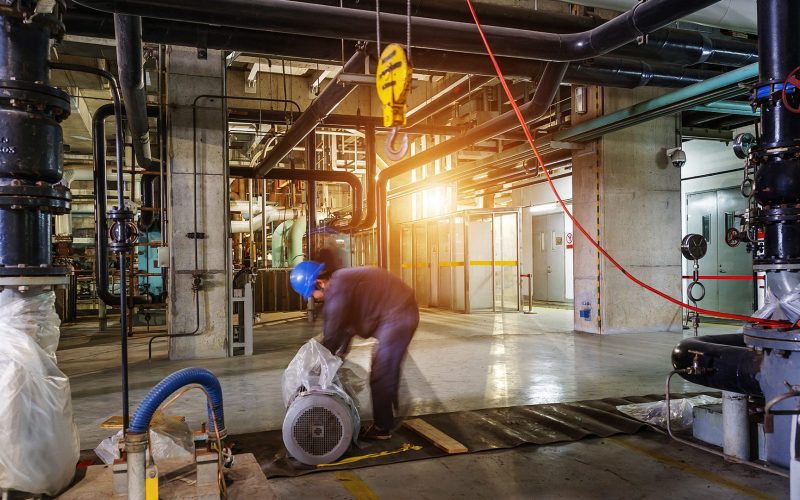THE VOICE FOR THE ENERGY CONSUMER

This Week in Jacksonville with Kent Justice on Channel 4 WJXT, Hurricane Irma recovery with U.S. Rep. Al Lawson; Allen Ginder, on Gov. Scott’s Technology Advisory Board to discuss tech.

Top Five Stories in Energy This Week Fuel Prices in Florida to Remain High After Hurricane Irma Recovering from one of the most devastating storms to hit Florida in the.

As Florida begins to rebuild, CEA-Florida’s Regional Director Kevin Doyle recognizes the dedicated energy technicians whose vital work ensured the grid was reactivated soon after the record-breaking Hurricane Irma left.

This week on Connect & Collaborate we focus on one of Colorado’s most important industries, energy. We’ll talk with experts from various areas of the energy industry and discuss the.

CEA State Affairs Policy Group Vice President, Brydon Ross, explains why Hurricanes Irma and Harvey won’t likely have a long-term impact on gasoline prices for people in Kentucky. “We’re not.

Consumer Group Expresses Disappointment in Government Agency Claiming to Protect Public Interest COLUMBUS – Consumer Energy Alliance (CEA) President David Holt today released the following statement expressing his disappointment with.

How to Prepare for a Power Outage As Hurricane Irma continues to affect millions of Americans in the southern United States, and particularly Florida, access to basic utilities like electricity.

Utah’s Rocky Mountain Power customers could end up paying more directly for power generated by their neighbors’ solar panels under the terms of the company’s recent settlement with the solar.

With Hurricane Harvey shuttering over 20 percent of our nation’s refining capacity, halting shipments of vital energy to families, farmers, and small businesses, Ohio is building out infrastructure to attract.

WASHINGTON, D.C. – Following the announcement from Georgia Power’s CEO Paul Bowers recommending that the Georgia Public Service Commission (GPSC) move forward on the expansion of the Plant Vogtle nuclear.